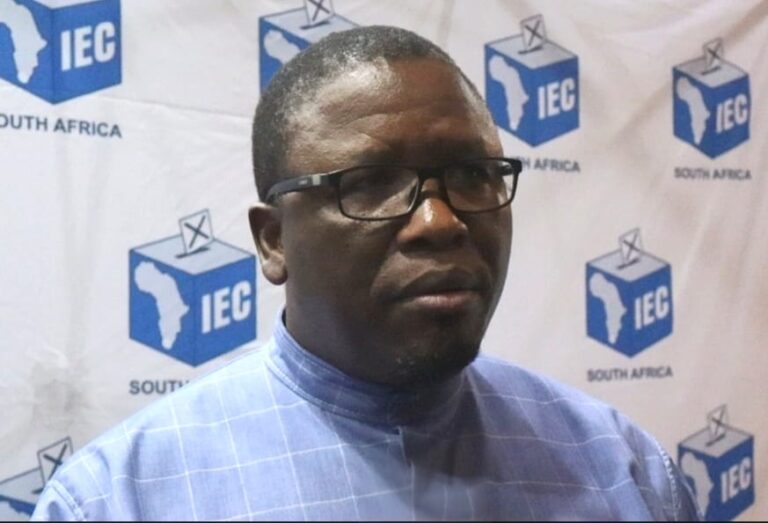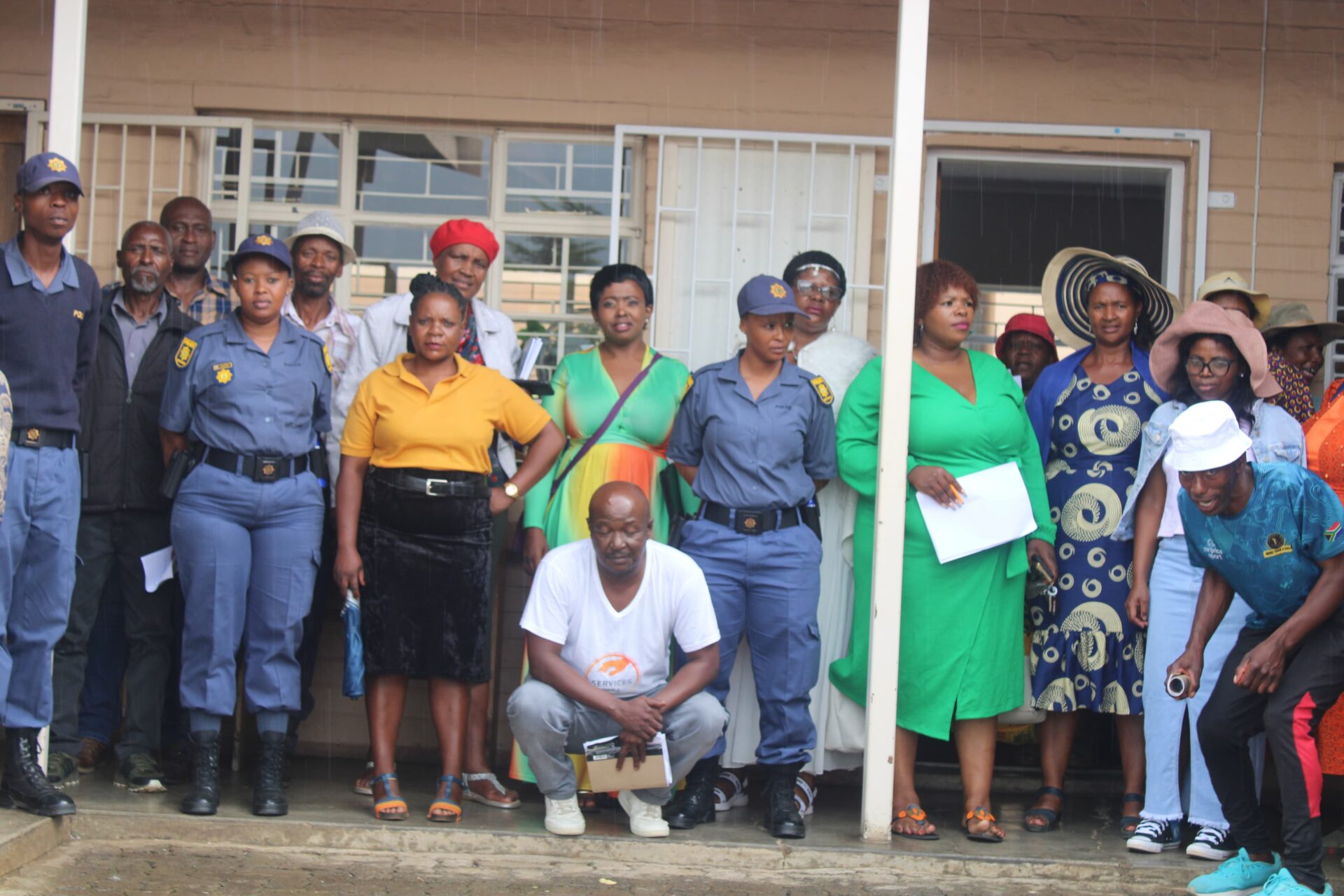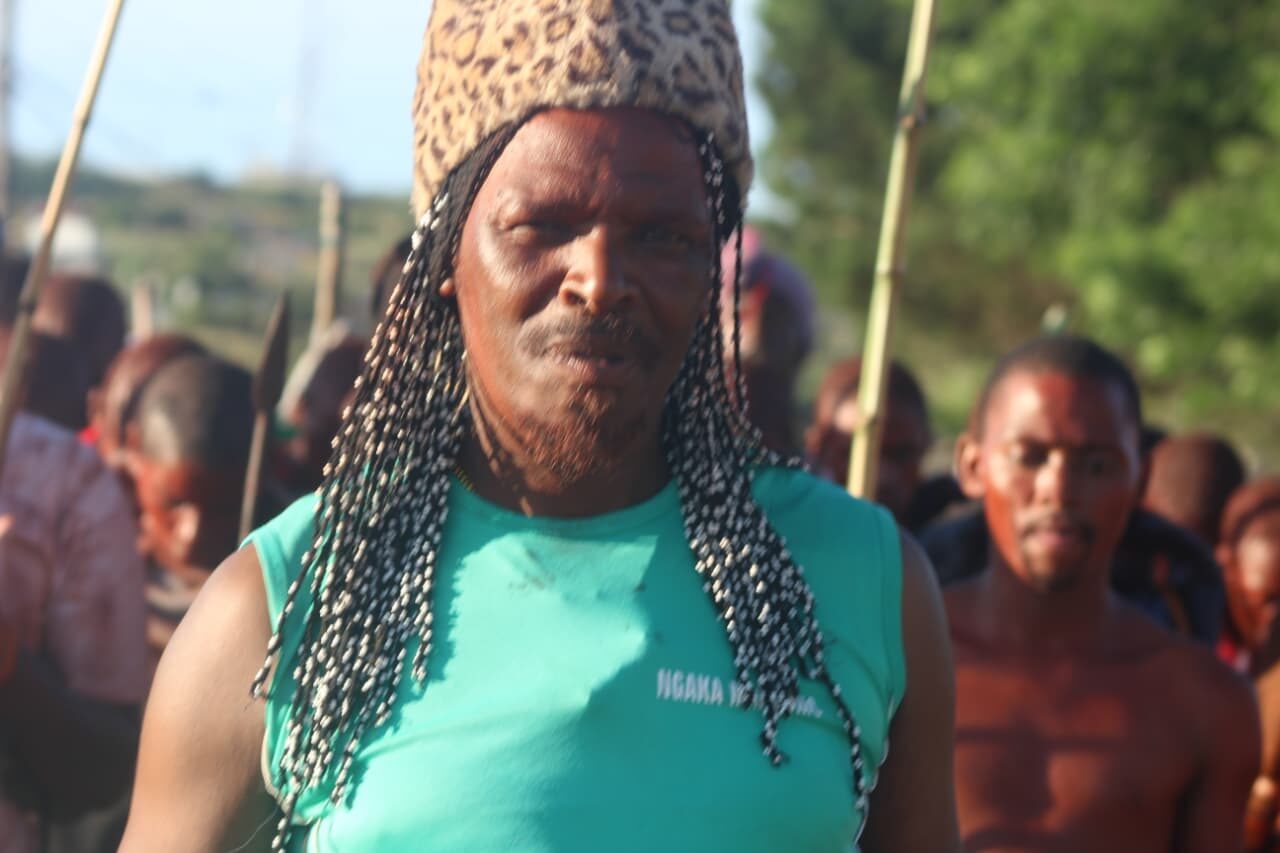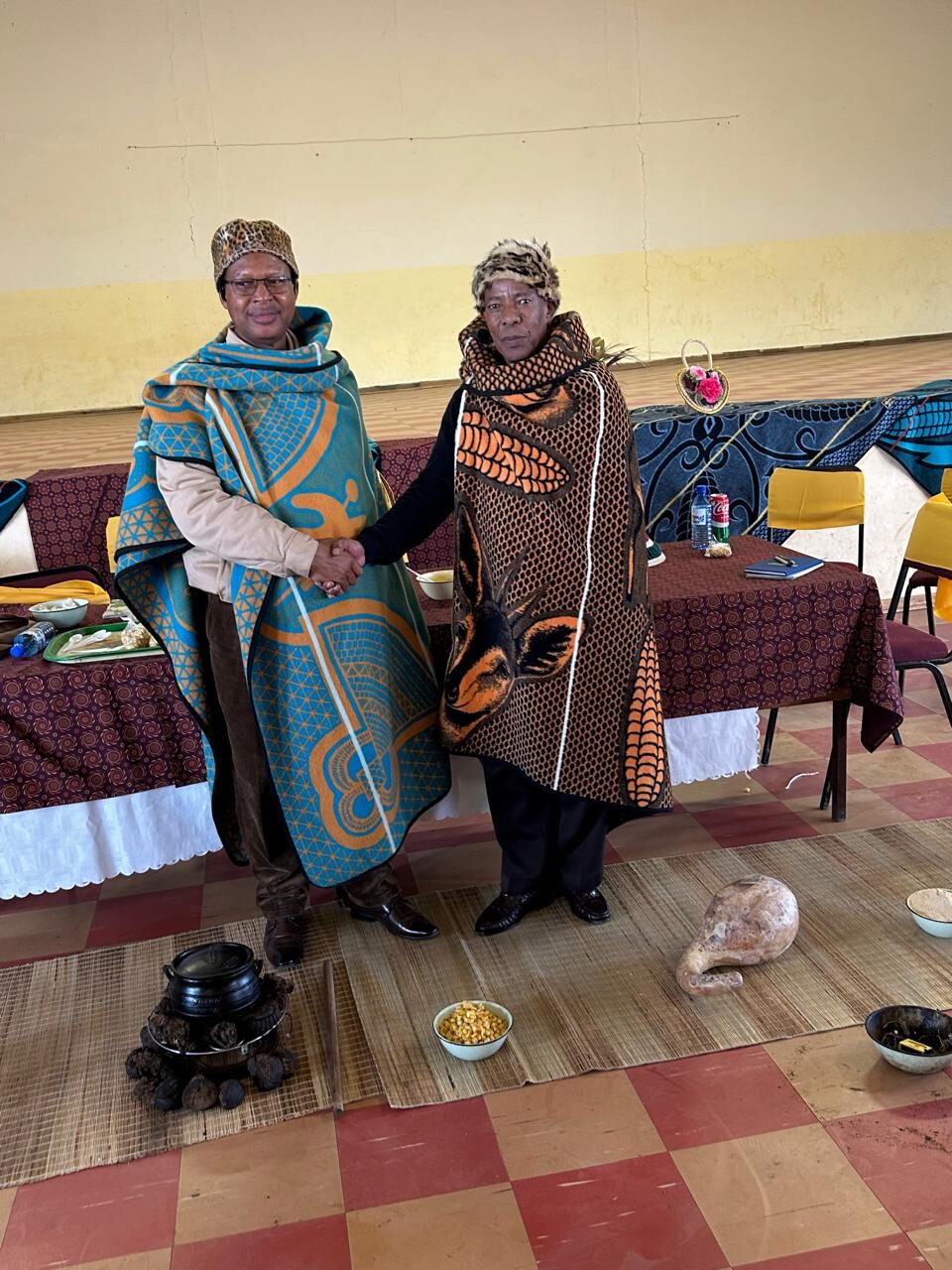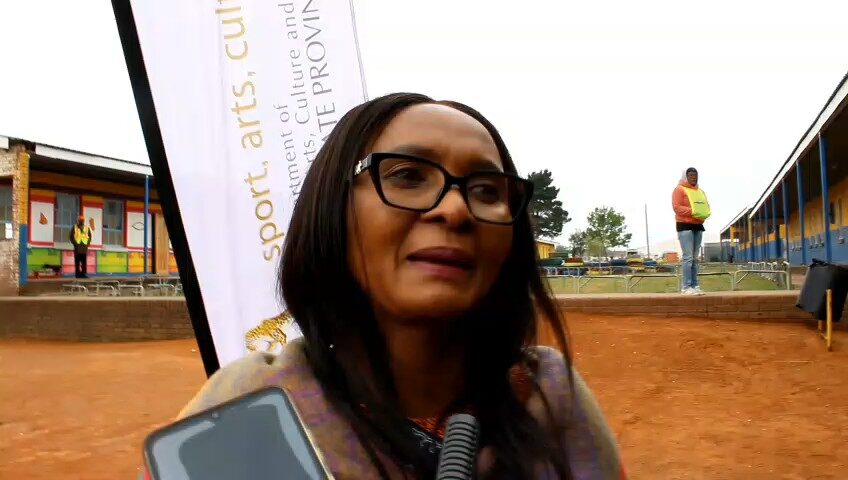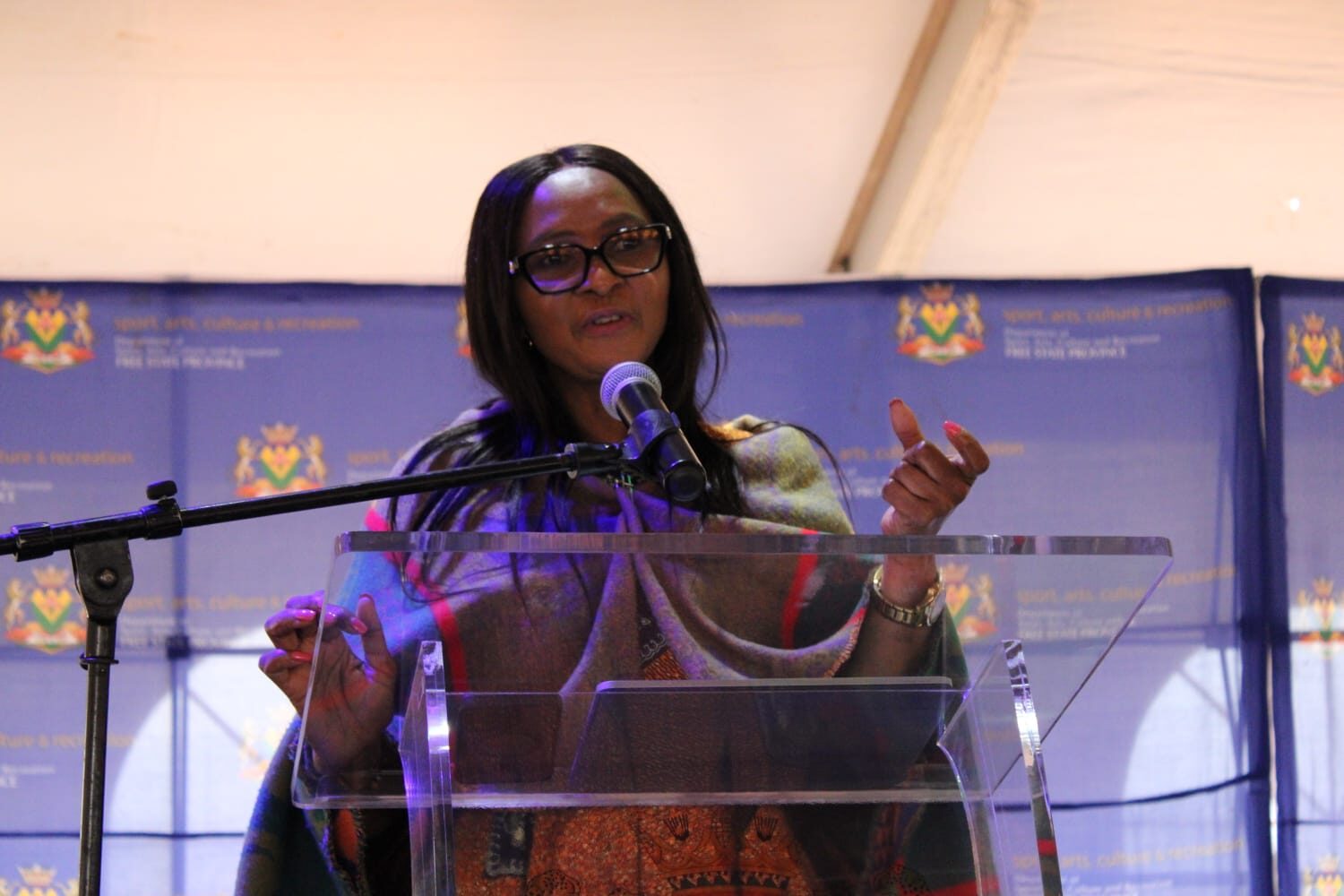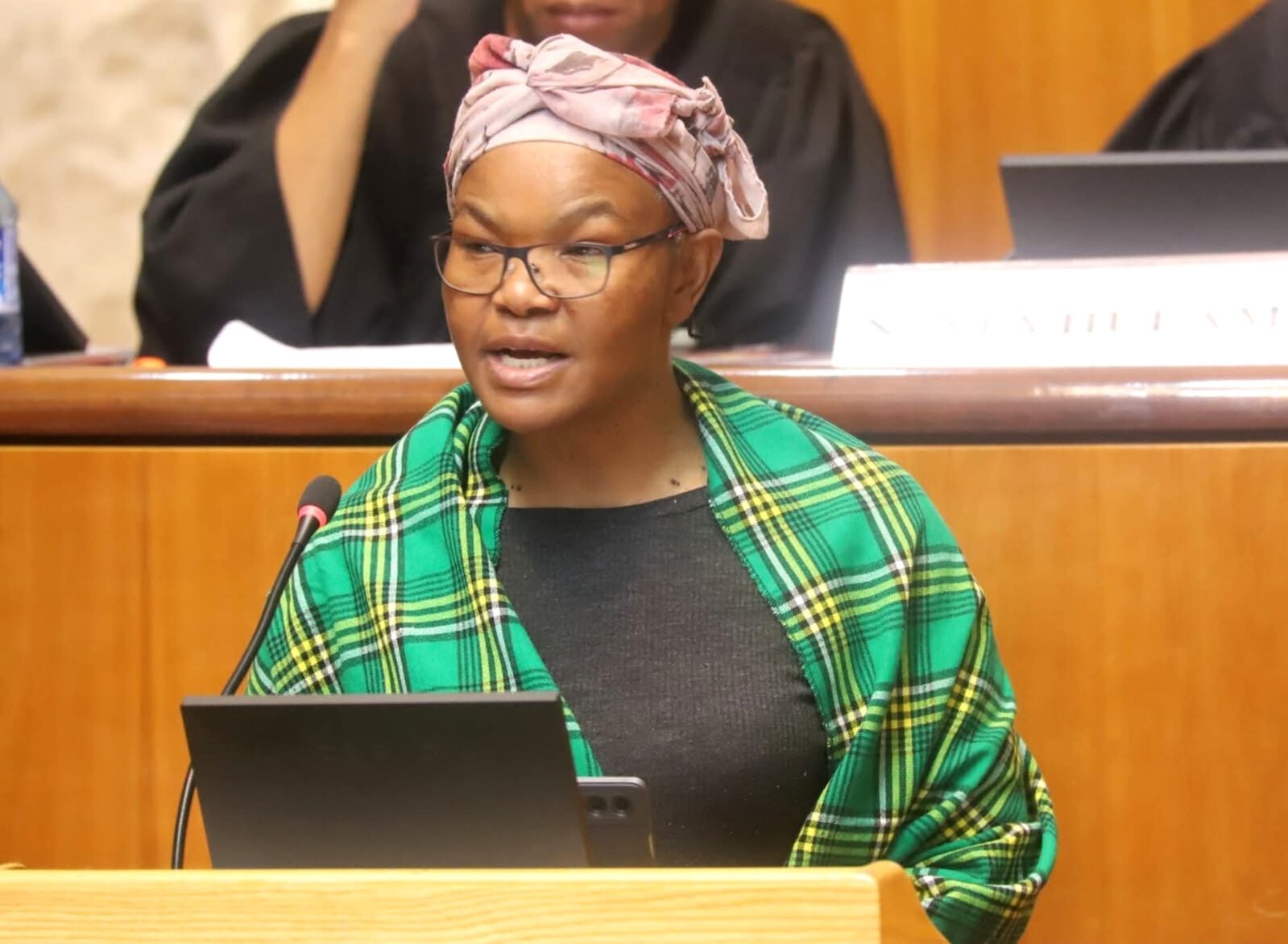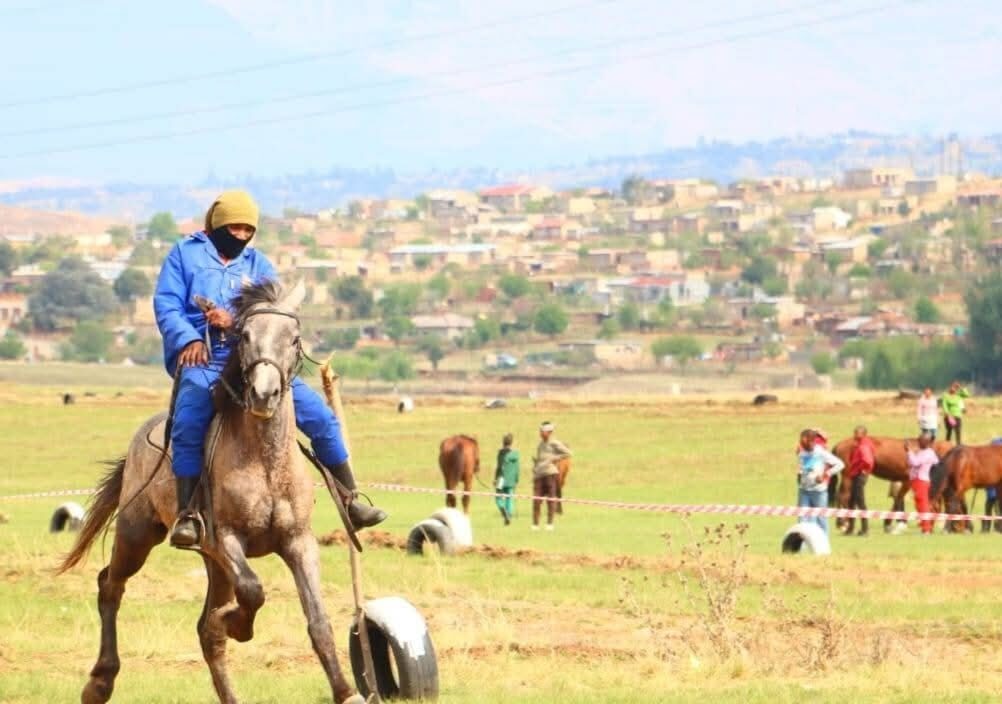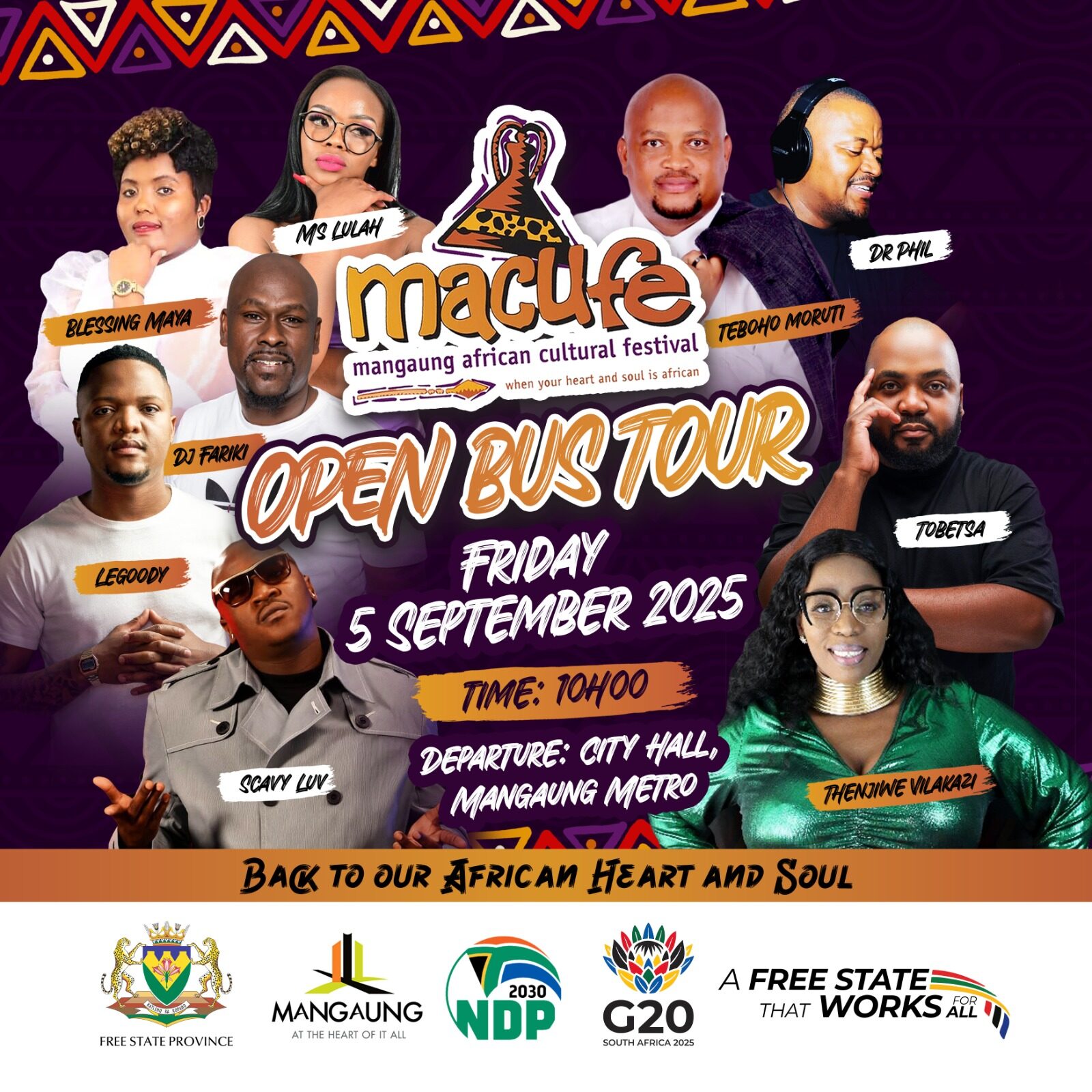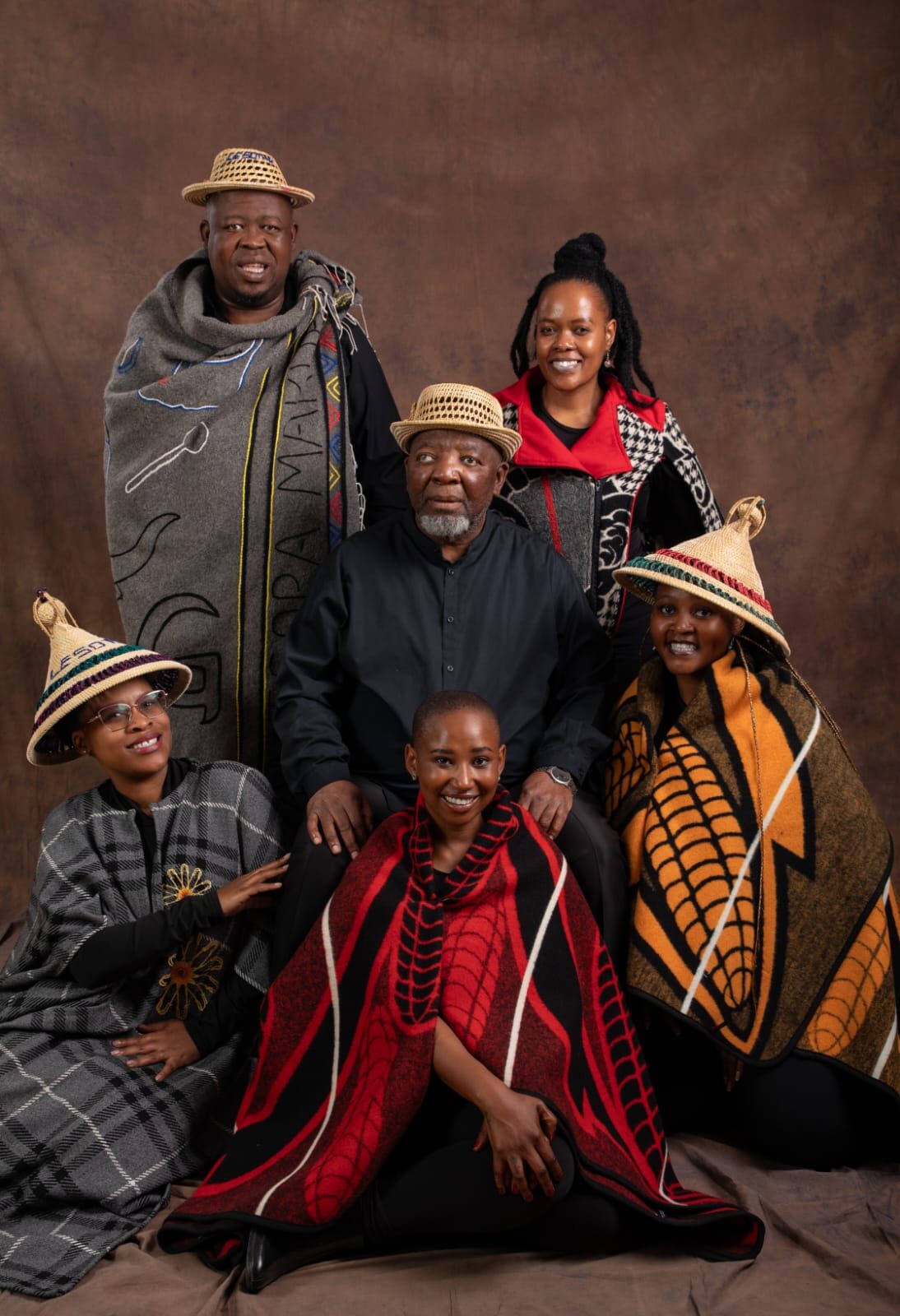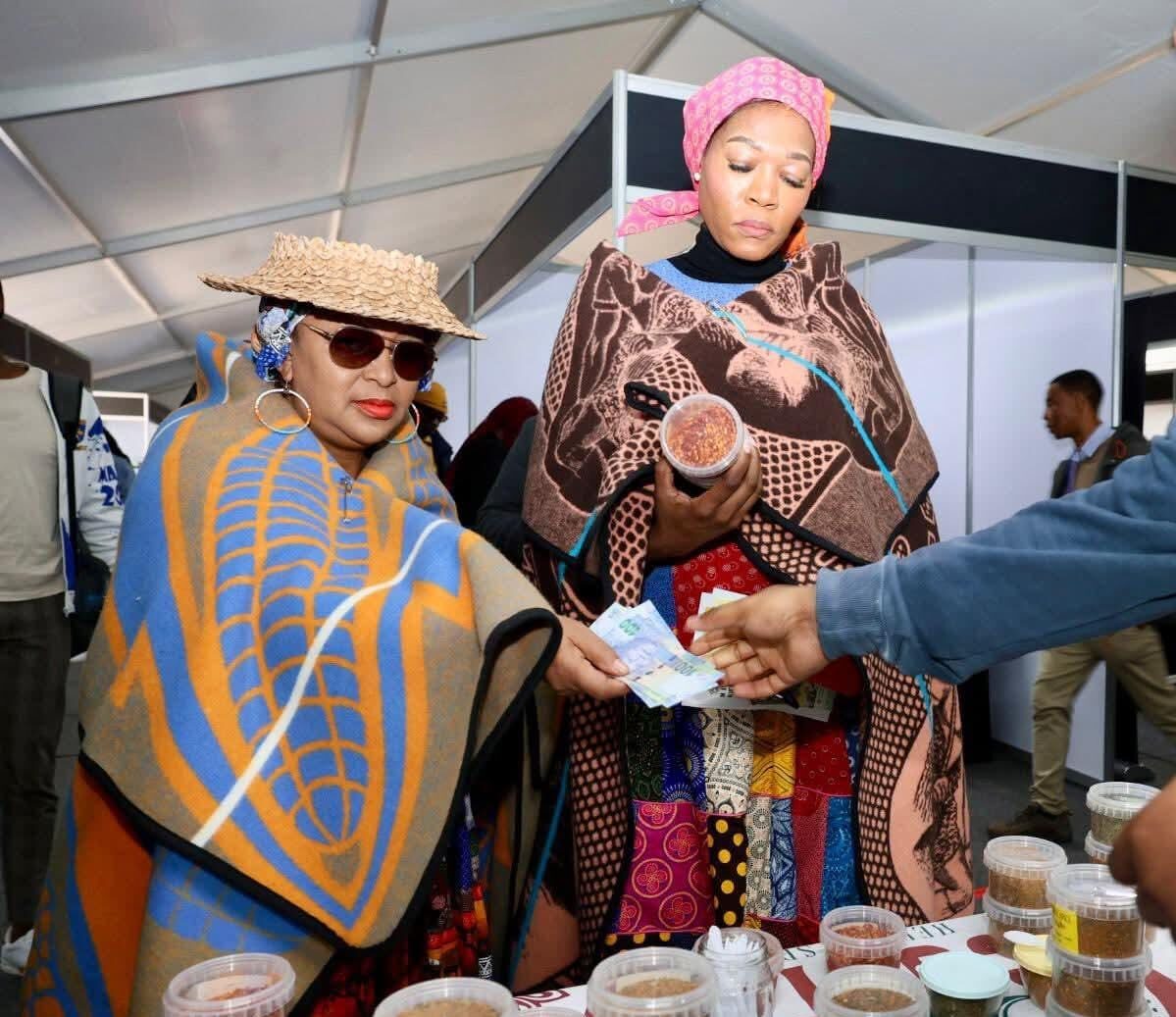By Emily Setona
QWAQWA – The Andre Huguenot Theatre in Bloemfontein will resound with ancestral rhythms, powerful voices, and sacred storytelling when Mantsopa, a play written and directed by veteran playwright Dr. Jerry Mofokeng wa Makhetha, graces the Macufe stage on 4 and 5 September.
In an exclusive interview with The Guard, Dr. Mofokeng wa Makhetha described the play as more than just theatre—it is a cultural homecoming.
“Macufe is about returning to our African roots, embracing African songs and learning about African legends,” he said. “The play Mantsopa has all these elements. We are telling the story of our legend in the most truthful and authentic manner. We are not here to complain about how others have told it wrongfully; we did our own research and we will be unapologetic in how we tell the history of Mantsopa.”
A Basotho Story Told the Basotho Way
The acclaimed director was emphatic that the production rejects borrowed theatrical styles.“I am not going to tell this story in an American or European Shakespearean format, but in a truly authentic Basotho culture,” he said. “I think Basotho people will be proud. The audience will fall in love with our local talent, and the songs will give you goosebumps because of the performers’ voices.”
Mofokeng wa Makhetha has also called on audiences to show up in their cultural attire. “I urge people to wear Basotho blankets to the show. And please, don’t come looking for free tickets—the play is only R50,” he stressed.
A Prophetess Reimagined
Mantsopa is rooted in the life of Prophetess ‘Mantsopa Makhetha, born in 1793 and remembered for her extraordinary spiritual powers. A healer and visionary who lived across three centuries before her death in 1908, she was famed for healing through song. On stage, her legacy is reimagined through a blend of history and fiction.
Actress Boitumelo Mohutsioa embodies both Mantsopa herself and Tholoana, a fictional great-granddaughter who inherits her spiritual gifts. Mohutsioa described the dual role as profoundly challenging yet spiritually rewarding.
“The role is very spiritual. As I play Tholoana and Mantsopa, the two characters are separate but become one in the end,” she said. “Tholoana’s journey is about accepting her great-grandmother’s spiritual gifts. Preparing for this has been exciting but nerve-wracking. I’ve been doing breathing and vocal exercises to ground myself. The audience should expect to be moved—this is a spiritual play, and I believe they too will go on a spiritual journey.”
Actor Lebohang Banyana plays Mohato, Tholoana’s love interest. For him, Mantsopa has been a career-defining experience. He has been with the production since its early development and performed during its acclaimed run at Johannesburg’s Market Theatre, where demand extended the show’s season.
“I’ve been performing the role of Mohato next to different actresses playing Tholoana. To honour the role, I had to research Mantsopa’s life and really understand why this play matters,” he explained.
“For the Macufe performance, I revisited recordings of our earlier productions. This is a rich story with a rich cultural history, a story of Basotho cultural identity. It asks us, who are we as black people? The music is amazing, the story is powerful, and it calls us to self-introspection.”
The play arrives in Bloemfontein already polished by its Johannesburg success, where critics praised its originality and audiences responded with standing ovations. Now, at Macufe, it is being staged not just as entertainment but as an act of cultural reclamation.
For just R50, audiences will experience an evening of song, spirit, and storytelling that bridges generations. The play celebrates the resilience of a woman who lived through colonial upheaval and left behind a legacy that continues to inspire.
When the lights dim at Andre Huguenot Theatre, audiences will be invited into more than a dramatic retelling—they will be invited into a conversation with their own heritage. Through chants, songs, and evocative performances, Mantsopa brings the legendary prophetess back to life.
The production embodies what Macufe has always stood for: reclaiming African identity, celebrating local talent, and reminding people of the power of their cultural inheritance.
As Mofokeng wa Makhetha put it, “This is not just a play. It is us telling our story, our way. It is about pride, about heritage, and about honouring those who walked before us.”
For the Basotho people and all who attend, Mantsopa promises to be a profound homecoming.







